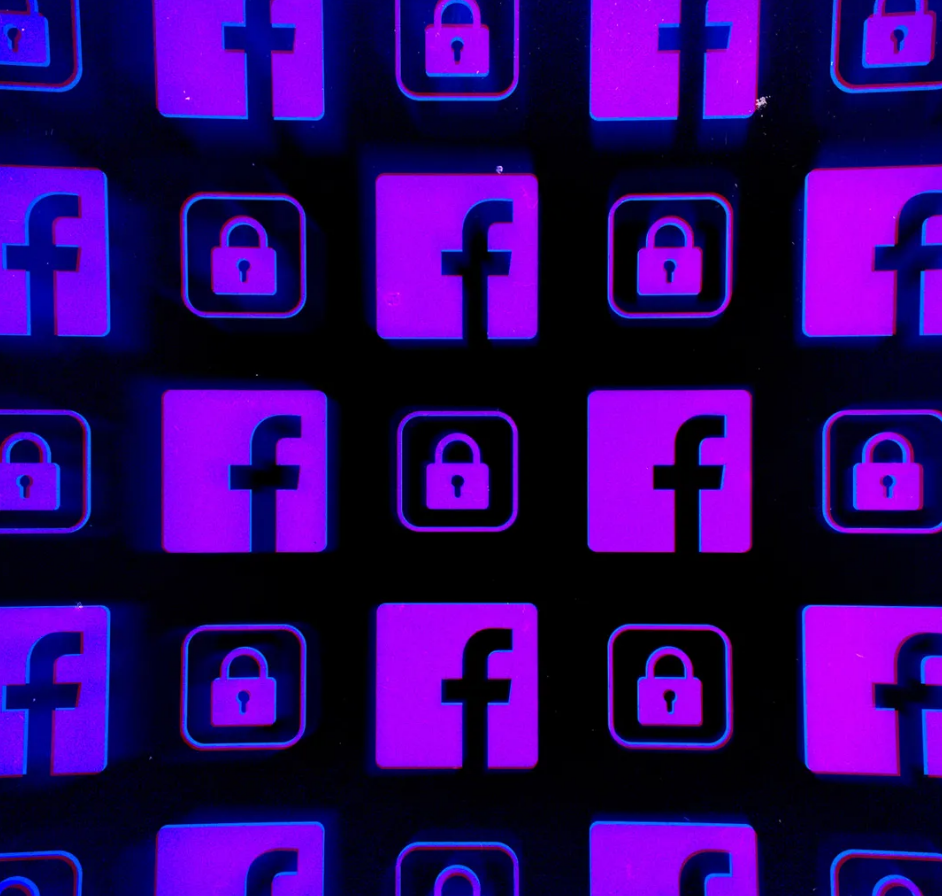Articles about Facebook!
Click on the article title or image to read!
The Verge: Facebook isn’t telling the whole story about its mental health research
“Since the initial leak of the mental health work, whistleblower Frances Haugen has distributed a mountain of documents detailing the company’s internal operations. They show just how much Facebook already knows about the impact of its platform on users — like how algorithmic changes made conversations on the platform angrier and more sensationalized, and how the platform can push users toward extremism.”
TIME: Inside Facebook's African Sweatshop
“The testimonies of Sama employees reveal a workplace culture characterized by mental trauma, intimidation, and alleged suppression of the right to unionize. […] TIME is aware of at least two Sama content moderators who chose to resign after being diagnosed with mental illnesses including post-traumatic stress disorder (PTSD), anxiety, and depression. Many others described how they had been traumatized by the work but were unable to obtain formal diagnoses due to their inability to afford access to quality mental healthcare.”
New York Times: This Is Your Brain Off Facebook
“Expect the consequences to be fairly immediate: More in-person time with friends and family. Less political knowledge, but also less partisan fever. A small bump in one’s daily moods and life satisfaction. And, for the average Facebook user, an extra hour a day of downtime. […] A cadre of psychologists has argued for years that the use of Facebook and other social media is linked to mental distress, especially in adolescents. Others have likened habitual Facebook use to a mental disorder, comparing it to drug addiction and even publishing magnetic-resonance images of what Facebook addiction “looks like in the brain.” "
Guardian: Facebook’s role in Myanmar and Ethiopia under new scrutiny
“What happens on Facebook matters,” Sharpe said. “Promotion of violence online leads to real-world harms. That’s particularly true in Myanmar, where Facebook has admitted that it played a role in inciting violence during the military’s genocidal campaign against the Rohingya.”
Facebook has faced similar criticism in Ethiopia, which has been engulfed in an armed conflict between the federal government and the Tigray People’s Liberation Front (TPLF). In 2019, for instance, the retired Ethiopian runner Haile Gebrselassie blamed “fake news” being shared on Facebook for violence that left 81 people dead in Oromia region.
Washington Post: Misinformation on Facebook got six times more clicks than factual news during the 2020 election, study says
“The study “helps add to the growing body of evidence that, despite a variety of mitigation efforts, misinformation has found a comfortable home — and an engaged audience — on Facebook,” said Rebekah Tromble, director of the Institute for Data, Democracy and Politics at George Washington University, who reviewed the study’s findings.”
GRID: The hacked account and suspicious donations behind the Canadian trucker protests
“The entity behind some of the largest Facebook groups supporting the protests is an unknown person or persons who used the Facebook account of a Missouri woman. She says her account on the platform was hacked and stolen. […] the only administrator account for these groups belonged to the Missouri woman. Reached briefly by phone on Monday, she said her account was hacked and she was not involved with the groups. […] “We continue to see scammers latch onto any hot-button issue that draws people’s attention, including the ongoing protests,” Margarita Franklin, a spokeswoman for Facebook’s parent company, Meta, said in a statement to media outlets on Monday.”
Facebook and Instagram have allowed and profited from advertising pushing the false Ukraine-US biolabs conspiracy theory
“Meta has repeatedly allowed -- and profited from -- ads pushing a false conspiracy theory about biolabs in Ukraine which has been linked to both Russian propaganda and supporters of the QAnon conspiracy theory. […] One ad on Facebook, from China’s official state press agency, features a video with a narrator saying, “With reports emerging about the U.S. running bioweapons lab in Ukraine, Syrian experts said the U.S. policy of setting up such labs in other countries poses risk to world security.”
Cory Doctorow: The last days of Myspace - Facebook is following the steep decline playbook.
“A system enjoys "network effects" if it increases in value as it adds users. Social networks are all about these effects: you join Facebook because your friends are there, and once you join, others sign up because you are there.
But there's a hard corollary: systems driven by network effects lose value when users leave. Your blender doesn't get better when someone else gets a blender of their own, but it also doesn't get worse when someone else throws theirs away.”
Privacy stuff (these are all different cases!)
CTV: Facebook parent Meta settles decade-old data-privacy lawsuit
”According to the lawsuit, Facebook got people's consent to track them while they were logged in to its platform but promised to stop the tracking once they logged out. But the suit claimed that Facebook continued to track users' browsing activity even after they had logged off.”
AP: Judge approves $650M Facebook privacy lawsuit settlement
”The lawsuit accused the social media giant of violating an Illinois privacy law by failing to get consent before using facial-recognition technology to scan photos uploaded by users to create and store faces digitally.”
Reuters: Facebook loses bid to dismiss users’ data-privacy antitrust claims
“The 110-page ruling from Judge Lucy Koh in San Jose, California, on Jan. 14 allows consumers to pursue claims against Facebook for false representations about its data privacy practices, including its assertions that it wasn't sharing users' private information with third parties.”






